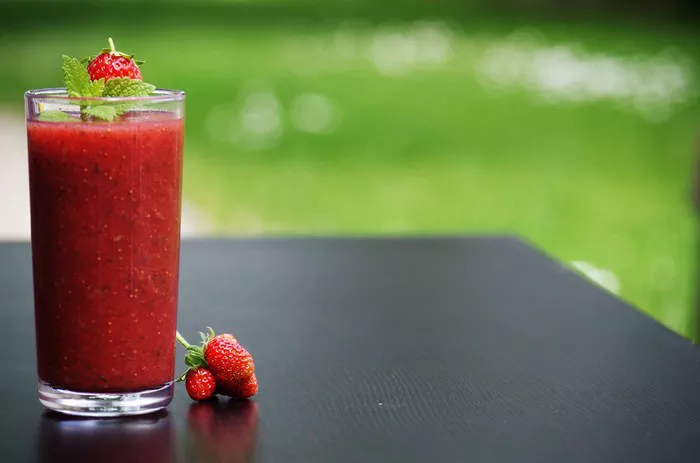In the emerging landscape of sustainable food production, Finnish startup Solar Foods is pioneering a groundbreaking approach: creating human food from electricity and air. The company has commenced operations at Europe’s inaugural factory dedicated to this innovative process, located in Vantaa, near Helsinki. Despite its unassuming appearance, the food produced at this facility, such as fresh ravioli made with a protein called solein, represents a remarkable leap forward in culinary technology.
Solar Foods’ factory has the capacity to generate 160 tonnes of food annually, marking the culmination of years of experimentation at laboratory scale. With regulatory approval already secured for solein in Singapore, the company is poised to introduce its products in the US later this year, followed by the EU and potentially the UK. This endeavor holds promise not only in terms of sustainability but also in reshaping dietary habits worldwide.
Traditional food production methods contribute significantly to carbon emissions, with agriculture alone responsible for a quarter of all planet-heating emissions. As other industries transition to greener energy sources and global demand for meat rises, finding alternatives becomes imperative. Solein, a yellowish powder derived from single-cell organisms, offers a viable solution. It can be incorporated into various food products, including meat substitutes, cheese, milkshakes, and even confectionery items.
The origins of solein trace back to a serendipitous discovery by Solar Foods co-founders Pasi Vainikka and Juha-Pekka Pitkänen. Utilizing renewable energy systems, the duo harnessed the energy released by soil-dwelling microbes, ultimately leading to the creation of solein. The production process mirrors photosynthesis, albeit with a twist: instead of relying on plants, Solar Foods utilizes renewable electricity to split water molecules, feeding the resulting hydrogen and oxygen to the microbes along with captured carbon dioxide.
While the claim that solein is made “out of thin air” is almost true, Vainikka clarifies that a small percentage of additional minerals is necessary for the fermentation process. These minerals, including iron, magnesium, calcium, and phosphorus, are crucial for cell growth. Once pasteurized and dried, the resulting powder can be incorporated into a myriad of food products.
Beyond its environmental benefits, solein offers a more efficient use of land compared to traditional agriculture. Solar Foods’ pilot factory produces 160 tonnes of food per year, occupying only a fraction of the land required for conventional farming methods. This efficiency could potentially alleviate pressure on ecosystems and contribute to carbon sequestration through reforestation efforts.
As the global community grapples with the challenges of climate change and food security, innovations like Solar Foods’ offer a glimpse into a more sustainable future. By harnessing the power of renewable energy and advancing technological solutions, these endeavors have the potential to revolutionize the way we produce and consume food on a global scale.
























